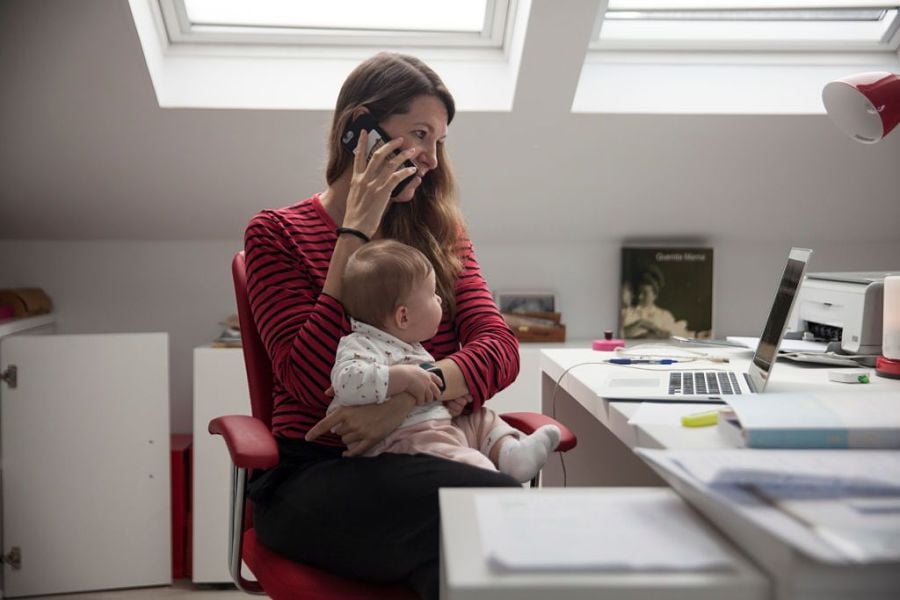

The Covid pandemic has had — and likely will continue to have — a very negative effect on the culture and work environment of registered investment advisory firms. That’s the takeaway from an annual study of RIA talent management by DeVoe & Co., a San Francisco-based consulting firm.
Among the study’s key findings was that nearly 40% of advisers felt their firm’s culture declined due to the pandemic and that employee engagement suffered, with four times as many advisers indicating that the pandemic had a negative impact versus a positive one.
More than half (52%) expect that a greater use of remote work will remain a permanent post-pandemic feature.
“The new and evolving remote-work paradigm shift will create workplace dissonance within RIAs for the next several quarters or even years. More than ever before, talent management challenges will require thoughtful solutions and delicate conversations,” DeVoe said in the report.
On the positive side, the company said that Covid required firm leadership to increase communication with staff, which delivered overall productivity gains during the period. The pandemic also prompted more firms to seek help in developing a succession plan.

While industry statistics pointing to a succession crisis can cause alarm, advisor-owners should be free to consider a middle path between staying solo and catching the surging wave of M&A.

New joint research by T. Rowe Price, MIT, and Stanford University finds more diverse asset allocations among older participants.

With its asset pipeline bursting past $13 billion, Farther is looking to build more momentum with three new managing directors.

A Department of Labor proposal to scrap a regulatory provision under ERISA could create uncertainty for fiduciaries, the trade association argues.

"We continue to feel confident about our ability to capture 90%," LPL CEO Rich Steinmeier told analysts during the firm's 2nd quarter earnings call.
Orion's Tom Wilson on delivering coordinated, high-touch service in a world where returns alone no longer set you apart.
Barely a decade old, registered index-linked annuities have quickly surged in popularity, thanks to their unique blend of protection and growth potential—an appealing option for investors looking to chart a steadier course through today's choppy market waters, says Myles Lambert, Brighthouse Financial.
